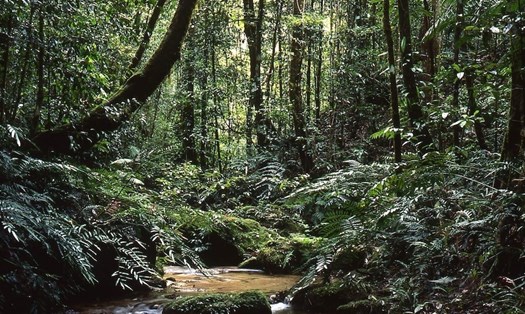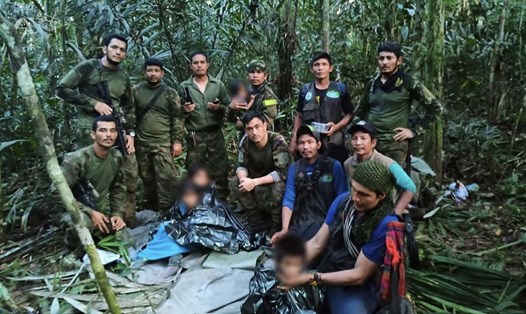According to explorersweb, autonomous cameras installed around the Amazon rainforest have captured rare images of a community of indigenous people who have never been exposed to the outside world.
The community, known to experts as the Massaco, resides in the tropical forest of western Brazil, near the border with Bolivia. However, no one yet knows what they call themselves and the Massaco is named after the river where the tribe lives nearby.
According to the National Fund for the indigenous People of Brazil (Funai), the population of the Massaco has doubled to more than 250 people since the 1990s, despite the constant pressure from the invading civilization.
Since 1987, Funai has strived to protect 28 isolated indigenous communities in the Amazon and established a no-contact policy to thwart outsiders. Funai also increased measures to protect the surrounding communities and reduce deforestation.
Due to isolated living, the ethnic groups here have better resistance than ordinary people, immune to most common diseases in the world. However, ordinary people can die from the disease if they are infected with the disease. Therefore, many South American countries also apply isolation policies but only to prevent the risk of infection.
Despite the many images and documents, experts say that the language, social structure and beliefs of the Massaco people are still a mystery. After analyzing the photos, Altair Algayer, who has spent more than 30 years protecting the community, said they have many similarities with the Sirionos - another tribe in Bolivia, but he still cannot determine who they are.
To keep track of Massaco and other communities in the Amazon, Altair and his colleagues have been installing cameras around the forest since 2019, mostly in areas near Funais facilities. In addition, the research team also used satellites to collect data.
In an interview, Mr. Altair said: "Recently, we have observed many new tapiri (leafy tent tops), so I would not be surprised if there are about 300 people now."
The collection of images about the Massaco community has led some to concerns that it could go against the contactless policy. However, Altair insists this is necessary to prove their existence, thereby maintaining protective measures.









